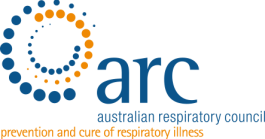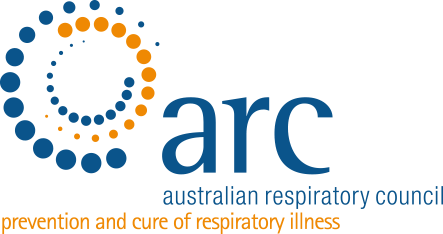About ARC
Menu
Overview of ARC
The Australian Respiratory Council (ARC) is a charitable, non-government organisation supporting prevention, treatment and research into tuberculosis (TB) and respiratory disease at a national and international level. The focus of the organisation’s activities relate to the promotion of lung health and elimination of TB within Australia and the Indo-Pacific Region. The ARC, since the organisation’s inception in 1913, has been committed to and invested in research, project and advocacy activities that promote community health.
The ARC is the Australian Heritage Member of the International Union of TB and Lung Disease (The Union) actively collaborating with peak local and global agencies to bring much-needed attention to and investment in the global TB elimination agenda, as TB remains, despite the best efforts of many, a significant global public health issue and the leading infectious cause of death globally.
Vision
A world free of preventable lung disease
Mission
The mission of ARC is to improve lung health in Australia and the Indo-Pacific region through translation of research and evidence-based practice into sustainable health solutions.
Australian Respiratory Council Strategic Plan
Strategies
The ARC will work to achieve the organisation’s Vision and Mission through the implementation of the following strategies:
- Developing partnerships to strengthen health systems
- Supporting implementation research within the Indo-Pacific region
- Contributing to training and capacity-building of health care workers
- Delivering projects that support TB elimination
- Developing a community focussed on reducing the burden of TB
- Ensuring transparent and robust governance of our organisation.
Organisational Values
The values that ARC strives to reflect and embody in activities, partnerships and practices include the following:
- Accountability to stakeholders
- Ethical and sustainable practice
- Credibility and professionalism
- Consultative and participatory practices
- Leadership in respiratory health
- Maintaining a development-based focus
- Contributing to the intellectual and professional development of staff and volunteers
- Implementing evidence-based practices and activities that are community-led, innovative, efficient, caring, compassionate and respectful of people and the communities within which they live.

